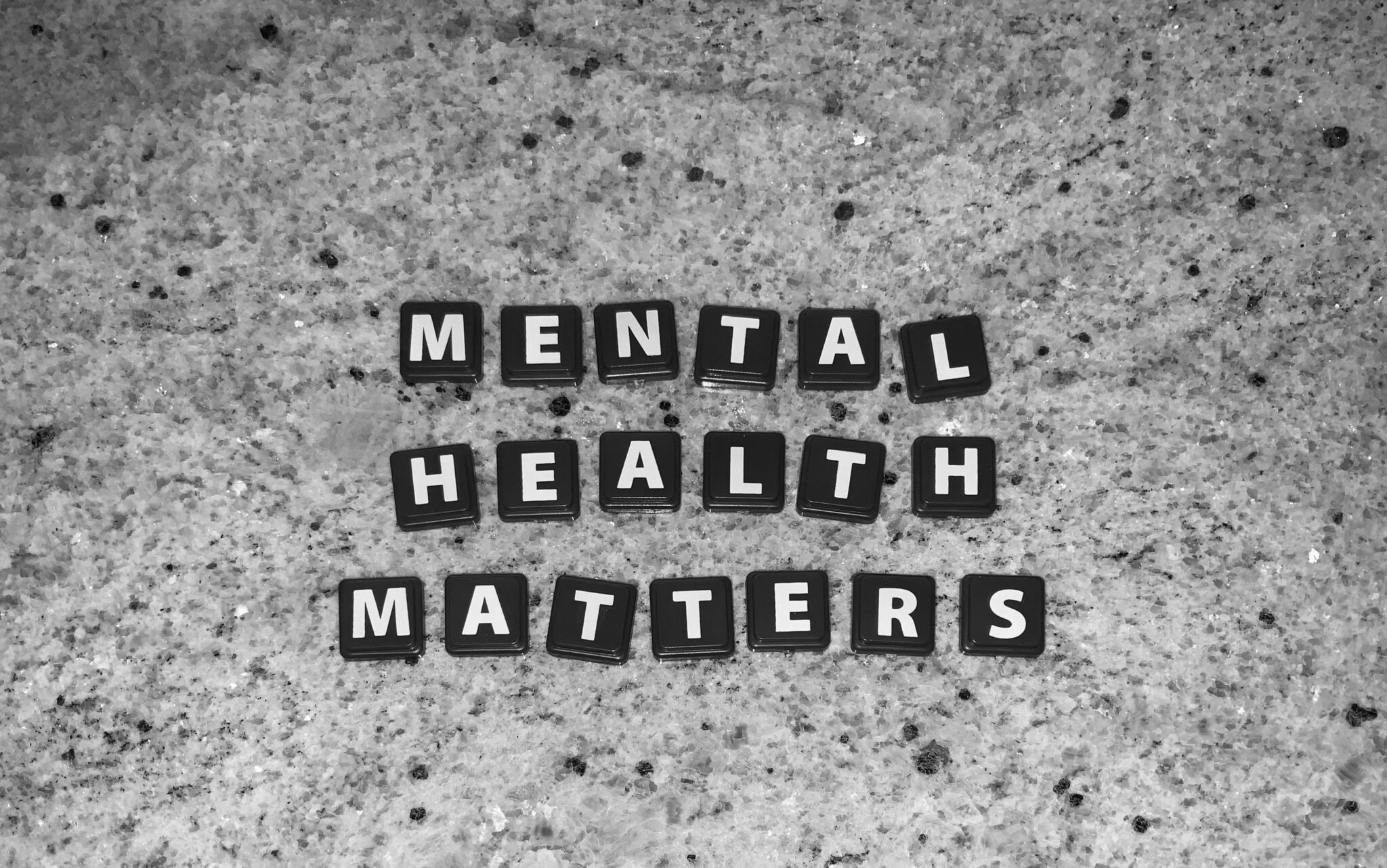Prioritizing Mental Health: The Strategic Role of Coaching within Organizations
by Dr. Parmpreet Kalsi
In today’s relentless, high-pressure business landscape, prioritizing mental health in the workplace is not just a strategic imperative—it’s a responsibility that organizations have to their leaders and teams. Rising stress levels and mental health challenges require more intentional approaches. To effectively support well-being and productivity, mental health awareness must be embedded into organizational culture, and coaching can serve as one strategy in that broader effort.
 Mental Health: The Foundation for Sustainable Productivity
Mental Health: The Foundation for Sustainable Productivity
The World Health Organization estimates that depression and anxiety cost the global economy $1 trillion annually in lost productivity. Mental health is not a side issue—it’s foundational to how people show up, connect, and contribute at work.
Supporting mental well-being goes beyond responding to crises. It requires a proactive, values-driven approach to create environments where individuals can build resilience and feel psychologically safe. Employees today are looking for workplaces that recognize the full spectrum of human experience, where psychological wellbeing is supported alongside performance goals.
This demands more than surface-level wellness programs; it requires leaders to develop the skills and structures that foster empathy, inclusion, and psychological safety. Supporting mental well-being at work means not only addressing stressors but also equipping individuals and teams with the tools to navigate complexity, change, and interpersonal dynamics. When thoughtfully integrated, coaching can serve as a catalyst for this deeper organizational transformation—embedding resilience and adaptability into the fabric of everyday leadership, culture, and strategy.
Coaching: An Evidence-Based Strategic Support System
Coaching has become more than a developmental tool—it’s an evidence-based approach to supporting wellbeing and sustainable productivity. Coaching is a collaborative, goal-oriented process grounded in psychological science that supports individuals in enhancing resilience, self-awareness, and intentional action toward meaningful goals through the process of Socratic questioning.
While not a replacement for therapy, coaching provides a personalized and confidential space for individuals to:
- Deepen self-awareness through reflective dialogue
- Strengthen emotional intelligence and self-regulation
- Identify and reframe limiting beliefs and unhelpful thinking patterns
- Develop practical strategies to manage stress and build resilience
- Clarify personal values and align them with purposeful goals
- Enhance decision-making and problem-solving skills
- Cultivate mindfulness and psychological flexibility
These benefits go beyond performance metrics. Coaching helps people feel more balanced, present, and empowered in their daily lives. According to the International Coaching Federation (ICF), 80% of individuals who receive coaching report increased self-efficacy, and over 70% report improved work performance and relationships. Additional peer-reviewed studies further support coaching’s effectiveness in improving well-being and psychological resilience in the workplace.
From Awareness to Action: The Ripple Effect Across the Organization
When individuals feel supported, they show up differently—more engaged, more collaborative, and more connected. This positive change doesn’t happen in isolation. It reverberates across teams and departments, shaping a healthier, more resilient organizational culture.
Coaching nurtures this transformation by equipping employees with the tools and confidence to handle challenges and support one another effectively. Organizations that integrate coaching into their broader mental health strategy often experience measurable benefits, such as, improved retention, higher morale, and greater innovation. By investing in coaching at all levels, companies demonstrate a commitment to building a culture of care.
Actionable Steps for Organizations and Leaders
The message is clear: integrating mental well-being into the fabric of the workplace is no longer optional—it’s essential. Employees want to feel seen, supported, and able to thrive—not just produce. Here’s how organizations and leaders can take meaningful action:
- Normalize conversations about mental health and well-being
- Make well-being a core cultural value, not a peripheral initiative
- Audit and redesign work practices to support well-being
- Create feedback loops that measure employee well-being meaningfully
- Invest in accessible well-being and development resources such as coaching
- Offer preventive, proactive mental health education
- Train people leaders to understand the impact of trauma
- Develop leadership capabilities in coaching
- Model leadership that prioritizes empathy, sustainability, and psychological safety
Conclusion: Mental Health as an Organizational Objective
As we look ahead, the organizations that lead with care, invest in people, and embed wellbeing into their culture will be the ones that earn trust, inspire loyalty, and create lasting impact. In a world where mental health is a business imperative, coaching isn’t just beneficial, it is an essential catalyst for meaningful action and change.